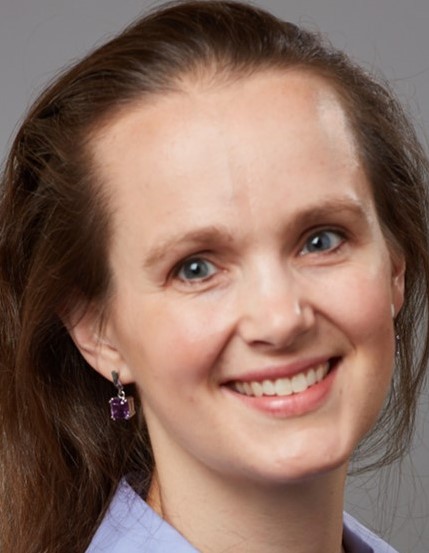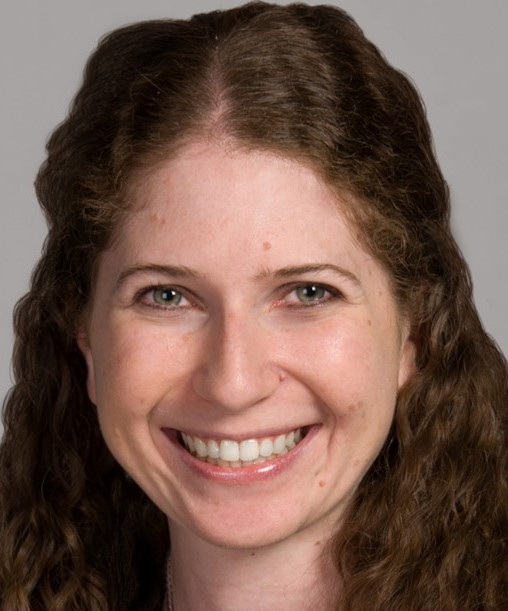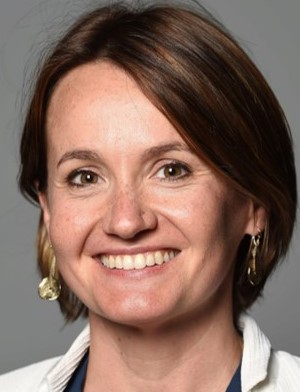Networks in Neurology: Insights From a Collaborative CME Experience With Practicing Clinicians Regarding New Agents and Strategies for Multiple Sclerosis
Program Description
Multiple sclerosis (MS) management has been evolving at a staggering rate for the past two decades, with nearly a third of the 21 available disease modifying therapies (DMTs) receiving their FDA approvals in just the past few years. To assist practitioners in parsing out the rationale for and clinical utitity of these and other late-stage agents, Efficient surveyed five renowned MS specialists regarding their perspectives on these advances. These results formed the base material for a CME initiative in which those same experts led small groups of clinicians in an eight-week learning experience. The groups participated in a variety of activities including self-study, live discussions, group tasks, and assessments. This activity highlights the most important elements that emerged across the experience including key strategies from experts and insights into where participants are truly struggling that likely resonate with other clinicians.
Target Audience
This activity is designed to meet the educational needs of multiple sclerosis specialists, general neurologists, advanced practice neurology professionals, and other healthcare professionals involved in the care of patients with MS.
Learning Objectives
Upon completion of this activity, participants should be better able to:
- Review the limitations associated with the use of historical S1P receptor modulators and fumarates and how novel formulations address these challenges to determine the appropriate role and patient selection for these agents in clinical practice.
- Discuss the rationale for, experience with, and unique features of agents with novel mechanisms of action and alternative anti-CD20 formulations to help guide their optimal utilization across patients with varied presentations of MS.
- Evaluate published research with and ongoing Phase 3 evaluation of rising BTK inhibitors to discern the potential future role of these agents in the long-term care of patients with MS.

Robert Naismith, MD (Chair)
Professor, Neurology
Clinic Director, John L. Trotter Multiple Sclerosis Center
Director, Multiple Sclerosis Clinical Trials Program
Washington University School of Medicine
St. Louis, Missouri

Erin Longbrake, MD, PhD (Panelist)
Assistant Professor of Neurology
Program Director, Neuroimmunology Fellowship
Director, Clinical Research in Neuroimmunology
Yale University
New Haven, Connecticut

Darin Okuda, MD (Surveyed Expert)
Professor of Neurology
Director, Neuroinnovation Program
Director, Multiple Sclerosis & Neuroimmunology Imaging Program
UT Southwestern Medical Center
Dallas, Texas

Carrie Hersh, DO, MSc, FAAN (Surveyed Expert)
Assistant Professor of Neurology
Director | Multiple Sclerosis Health and Wellness Program
Cleveland Clinic Mellen Program for Multiple Sclerosis
Lou Ruvo Center for Brain Health
Las Vegas, Nevada

Riley Bove, MD (Surveyed Expert)
Assistant Professor of Neurology
Director of Digital Innovation, UCSF MS and Neuroinflammation Center
UCSF Weill Institute for Neurosciences
San Francisco, California

Eric Klawiter, MD, MSc (Group Leader)
Associate Neurologist
Associate Professor of Neurology
Massachusetts General Hospital/Harvard Medical School
Boston, MA
Jointly provided by Postgraduate Institute for Medicine and Efficient LLC


Accreditation Statement
 In support of improving patient care, this activity has been planned and implemented by the Postgraduate Institute for Medicine (PIM) and Efficient LLC. Postgraduate Institute for Medicine is jointly accredited by the Accreditation Council for Continuing Medical Education (ACCME), the Accreditation Council for Pharmacy Education (ACPE), and the American Nurses Credentialing Center (ANCC), to provide continuing education for the healthcare team.
In support of improving patient care, this activity has been planned and implemented by the Postgraduate Institute for Medicine (PIM) and Efficient LLC. Postgraduate Institute for Medicine is jointly accredited by the Accreditation Council for Continuing Medical Education (ACCME), the Accreditation Council for Pharmacy Education (ACPE), and the American Nurses Credentialing Center (ANCC), to provide continuing education for the healthcare team.
Designation Statement
PIM designates this enduring material for a maximum of 0.75 AMA PRA Category 1 CreditTM. Physicians should claim only the credit commensurate with the extent of their participation in the activity.
Disclosure of Conflict of Interest
Disclosures
PIM requires instructors, planners, managers, and other individuals who are in a position to control the content of this activity to disclose any real or apparent conflict of interest (COI) they may have as related to the content of this activity. All identified COI are thoroughly vetted and resolved according to PIM policy. PIM is committed to providing its learners with high quality activities and related materials that promote improvements or quality in healthcare and not a specific proprietary business interest of a commercial interest.
Planners' and Managers' Disclosure
PIM planners and managers have nothing to disclose. Efficient LLC planners and managers have nothing to disclose.
Faculty Disclosures
Dr. Naismith reported the following financial relationships:
- Consulting Fees (e.g., advisory boards): Biogen, Celgene, Genentech, Genzyme, Lundbeck, NervGen, Third Rock Ventures, Viela Bio.
Dr. Longbrake reported the following financial relationships:
- Consulting Fees (e.g., advisory boards): Genentech.
Dr. Okuda reported the following financial relationships:
- Consulting Fees (e.g., advisory boards): Celgene, EMD Serono, Viela Bio.
- Contracted Research : Biogen.
Dr. Hersh reported the following financial relationships:
- Consulting Fees (e.g., advisory boards): Biogen, Bristol Myers Squibb, EMD Serono, Genentech, Genzyme, Novartis.
- Fees for Non-CME/CE Services: Biogen, Bristol Myers Squibb, EMD-Serono, Genentech, Genzyme, Novartis.
Dr. Bove reported the following financial relationships:
- Consulting Fees: Alexion, Biogen, Novartis, Roche Genentech, Sanofi Genzyme.
- Contracted Research: Biogen, Roche Genentech.
Dr. Klawiter reported the following financial relationships:
- Consulting Fees: Banner Life Sciences, Genentech/Roche.
- Contracted Research: Abbvie, Biogen, Genentech/Roche, Genzyme.
Disclosure of Unlabeled Use
This educational activity may contain discussion of published and/or investigational uses of agents that are not indicated by the FDA. The planners of this activity do not recommend the use of any agent outside of the labeled indications. The opinions expressed in the educational activity are those of the faculty and do not necessarily represent the views of the planners. Please refer to the official prescribing information for each product for discussion of approved indications, contraindications, and warnings.
Disclaimer
Participants have an implied responsibility to use the newly acquired information to enhance patient outcomes and their own professional development. The information presented in this activity is not meant to serve as a guideline for patient management. Any procedures, medications, or other courses of diagnosis or treatment discussed or suggested in this activity should not be used by clinicians without evaluation of their patient's conditions and possible contraindications and/or dangers in use, review of any applicable manufacturer's product information, and comparison with recommendations of other authorities.
Commercial Support
This activity is supported by independent educational grants from Biogen, Bristol-Myers Squibb, EMD Serono, and Sanofi.

 Facebook
Facebook X
X LinkedIn
LinkedIn Forward
Forward